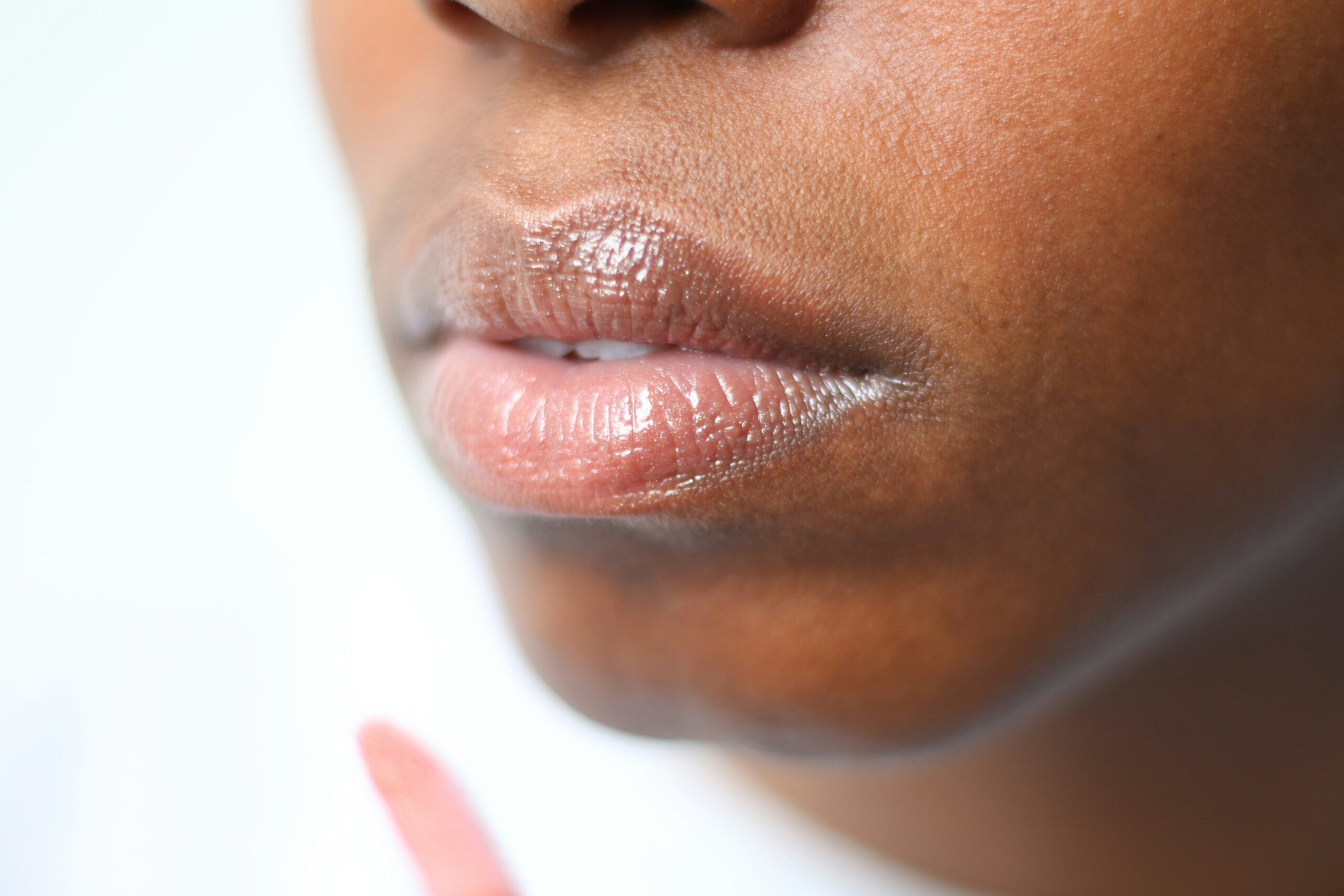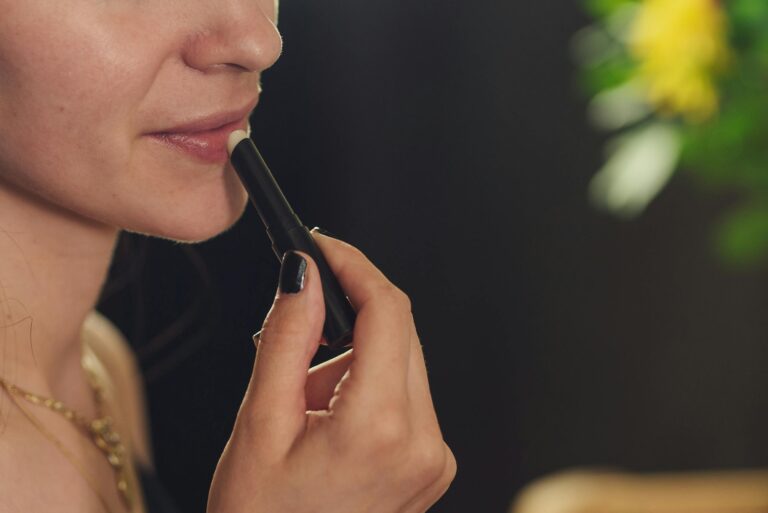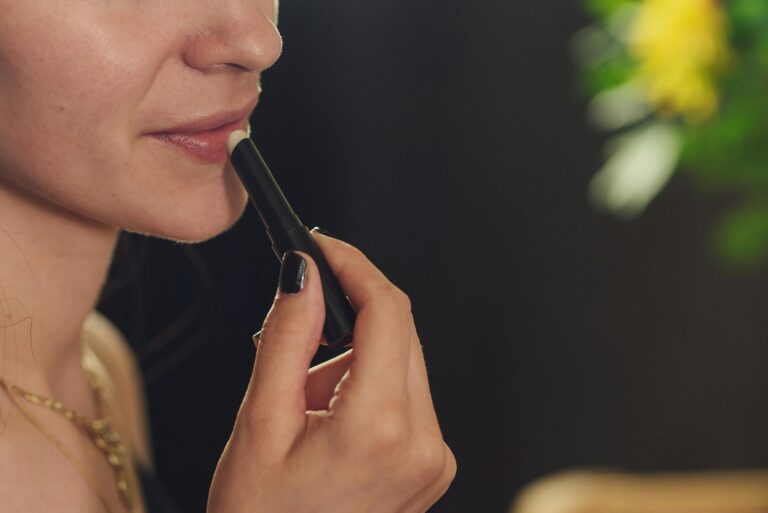Our lips are one of the most delicate and sensitive parts of our skin, yet they are often neglected in our daily skincare routines. Unlike the rest of our skin, lips do not have oil glands, making them more prone to dryness and chapping. Regular lip care is essential not just for aesthetic reasons but also for maintaining the overall health and hydration of your lips.
In this article, we will explore the importance of regular lip care, the benefits it brings, and the best practices for keeping your lips soft, supple, and healthy.
1. Prevents Dryness and Chapping
Lips are more prone to dryness because they lack oil glands that produce natural moisturizing factors. Without regular lip care, they can become dry, chapped, and even cracked, especially in harsh weather conditions.
Using lip balm or lip moisturizer daily helps to maintain the moisture barrier, preventing dryness and ensuring your lips remain soft and hydrated.
Regular application also creates a protective layer, locking in moisture and shielding your lips from environmental stressors like wind and cold air.
2. Protects Against Environmental Damage
Environmental factors such as sun exposure, wind, and pollution can cause significant damage to your lips. The skin on your lips is thinner than the rest of your face, making it more susceptible to damage from UV rays.
Regular use of lip products with SPF can protect your lips from the sun’s harmful rays, preventing sunburn and reducing the risk of long-term damage such as hyperpigmentation or even skin cancer.
Additionally, moisturizing lip care products act as a barrier against pollutants and toxins in the air, safeguarding your lips from oxidative stress.
3. Enhances Overall Appearance
Well-cared-for lips contribute significantly to your overall facial appearance. Smooth, hydrated lips look more vibrant and youthful, while dry, flaky lips can make you look tired and aged. Regular exfoliation helps remove dead skin cells, revealing softer, more even-textured lips.
This not only improves the appearance of your lips but also enhances the way lipstick and other lip products are applied and worn throughout the day. A regular lip care routine ensures your lips are always in their best condition, enhancing your natural beauty.
4. Promotes Faster Healing
Regular lip care is crucial for promoting faster healing of any cracks or sores that may develop on your lips. Lips are more prone to cuts and cracks due to their delicate nature.
Applying a nourishing lip balm or ointment can help speed up the healing process by providing a protective barrier that retains moisture and keeps out harmful bacteria. Ingredients like aloe vera, honey, and vitamin E are known for their soothing and healing properties, making them excellent choices for lip care.
5. Maintains Lip Health During Seasonal Changes
Seasonal changes can wreak havoc on your lips, leading to dryness, chapping, and irritation. In winter, cold air and indoor heating can strip moisture from your lips, while in summer, exposure to the sun can cause dehydration and sunburn.
Regular lip care helps maintain lip health throughout the year by adapting to the changing needs of your lips. Hydrating lip balms for winter and SPF-infused products for summer ensure your lips stay protected and nourished, no matter the season.
6. Prevents Infections and Inflammations
Neglecting lip care can lead to minor cuts or cracks becoming infected, causing pain and inflammation. The skin on the lips is more susceptible to bacterial and viral infections, such as cold sores or fungal infections, due to its thin and delicate nature.
Regular use of protective and hydrating lip products helps prevent these issues by keeping the lips moisturized and creating a barrier against pathogens. A good lip care routine minimizes the risk of infections and keeps your lips healthy and free from discomfort.
7. Boosts Self-Confidence
Taking care of your lips can significantly boost your self-confidence. Knowing that your lips look and feel great can enhance your overall sense of well-being and self-esteem.
Well-maintained lips are often more attractive and make a positive impression, whether you’re speaking, smiling, or engaging in social activities. Regular lip care ensures that your lips are always in their best condition, giving you the confidence to face the world with a smile.
Conclusion
Regular lip care is not just about maintaining soft, beautiful lips—it is an essential part of overall skincare that helps protect against environmental damage, prevent dryness and infections, and promote faster healing. By incorporating simple steps such as daily moisturizing, using SPF-infused products, and gentle exfoliation, you can keep your lips healthy, supple, and youthful.
Frequently Asked Questions (FAQs)
1. How often should I apply lip balm?
Applying lip balm at least twice a day—once in the morning and once before bed—is generally sufficient. However, if you have particularly dry lips or live in a harsh climate, you may need to apply it more frequently throughout the day.
2. Can I use regular sunscreen on my lips?
While regular sunscreen can provide some protection, it’s best to use a lip balm specifically formulated with SPF for the delicate skin on your lips. Lip balms with SPF are designed to be more moisturizing and less likely to irritate or taste unpleasant.
3. How can I exfoliate my lips safely?
You can exfoliate your lips safely by using a gentle lip scrub or a soft toothbrush. Apply the scrub or brush in a circular motion to remove dead skin cells. Be sure to follow up with a hydrating lip balm to lock in moisture.
4. What ingredients should I look for in a good lip balm?
Look for ingredients like beeswax, shea butter, cocoa butter, aloe vera, and hyaluronic acid in lip balms, as they are highly moisturizing and soothing. Avoid balms with harsh chemicals, fragrances, or alcohol, as these can dry out or irritate your lips.
5. Can lip care products cause allergic reactions?
Yes, some lip care products can cause allergic reactions, especially if they contain fragrances, dyes, or certain preservatives. If you experience irritation or an allergic reaction, discontinue use immediately and consult with a dermatologist. Always patch-test new products to ensure they are safe for your skin.



